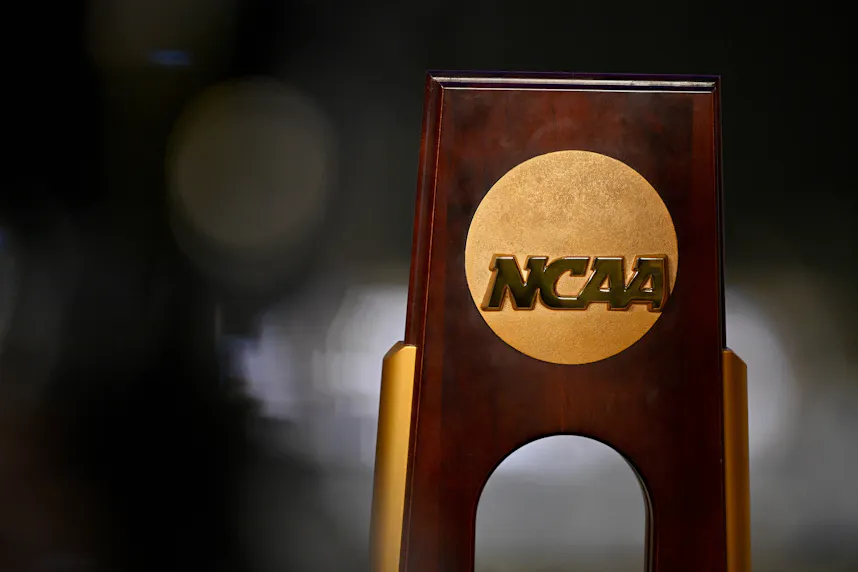Judge Approves $2.8B Landmark Settlement: NCAA will Start Paying Athletes

Last updated: June 9, 2025 2:29 PM EDT • 2 min read X Social Google News Link

In a historic decision set to transform college athletics, a federal judge in the United States has approved a $2.8 billion settlement that will require universities to start paying student-athletes directly. This ruling ends the long-standing controversy around collegiate sports, where athletes don’t get paid but bring millions of dollars to their universities and the NCAA through ticket sales, TV rights, and more.
For decades, NCAA rules banned universities from paying college athletes anything beyond scholarships covering tuition, room, and board. The settlement, which took a year of negotiations, follows three different lawsuits. The plaintiffs were a class of about 390,000 former and existing college athletes, and the defendants were the NCAA and five of its conferences.
The agreement extends beyond future compensation. It includes backpay to the players who could not be compensated directly for their labor under the NCAA's previous regulations.
Supporters hail the move as a well-anticipated reform of imbalances in college athletics. Opponents of the historic NCAA model have long maintained that student-athletes, particularly those in high-revenue sports such as NCAA basketball and NCAA football, are being financially exploited. Institutions and even the NCAA itself enjoyed gargantuan rewards while players themselves were practically excluded from any such gains.
This decision is being viewed as a resounding win for athlete rights. It represents a step toward a more modern mindset toward college sports, especially given the circumstances of name, image, and likeness (NIL) contracts already transforming the sport.
NCAA officials have acknowledged that the decision will lead to broad reforms in how college athletics are governed and financed. Schools will now be required to factor athlete compensation into their budgets and regulatory frameworks.
Commission to oversee new system
A regulating agency called the College Sports Commission (CSC) has been established to offer proper regulation for this new era in college sports. The agency will be responsible for enforcing rules related to athletes' compensation and protecting them from future abuses in recruitment or pay.
Bryan Seeley, a senior MLB executive and a former federal prosecutor, has been appointed as the first CEO of the CSC. Notably, he led the MLB sign-stealing investigation that ultimately resulted in fines and penalties against the Houston Astros and Boston Red Sox.
Not only athletes up for a huge payday
The two lawyers who were instrumental in the antitrust lawsuit are set to get handsomely paid for their efforts. They charged around $475 million in legal fees, and the courts have provisionally granted the request. The amount may increase to as high as $725 million over the next decade, depending on future developments that arise from the case.

Ziv Chen X social





